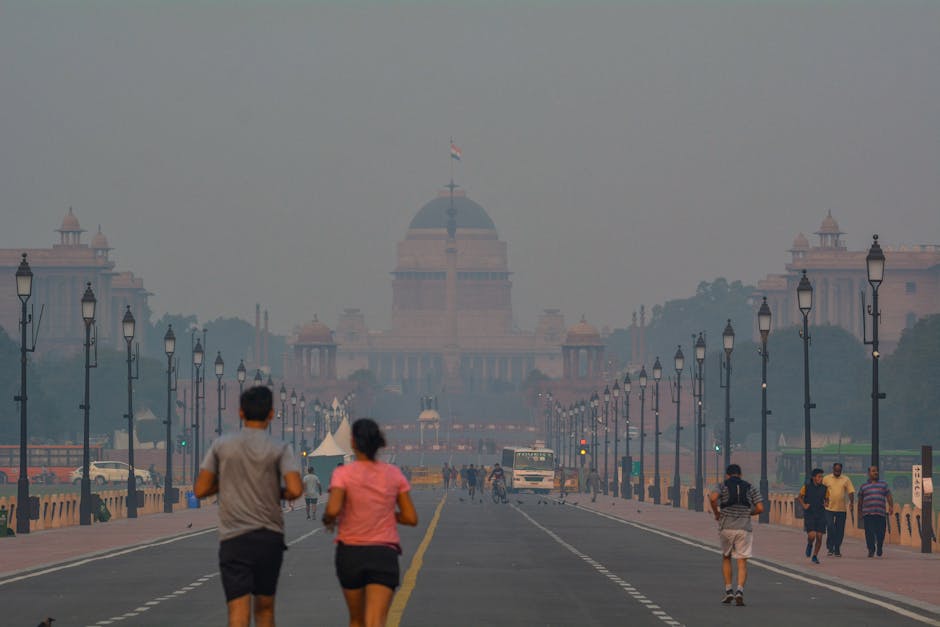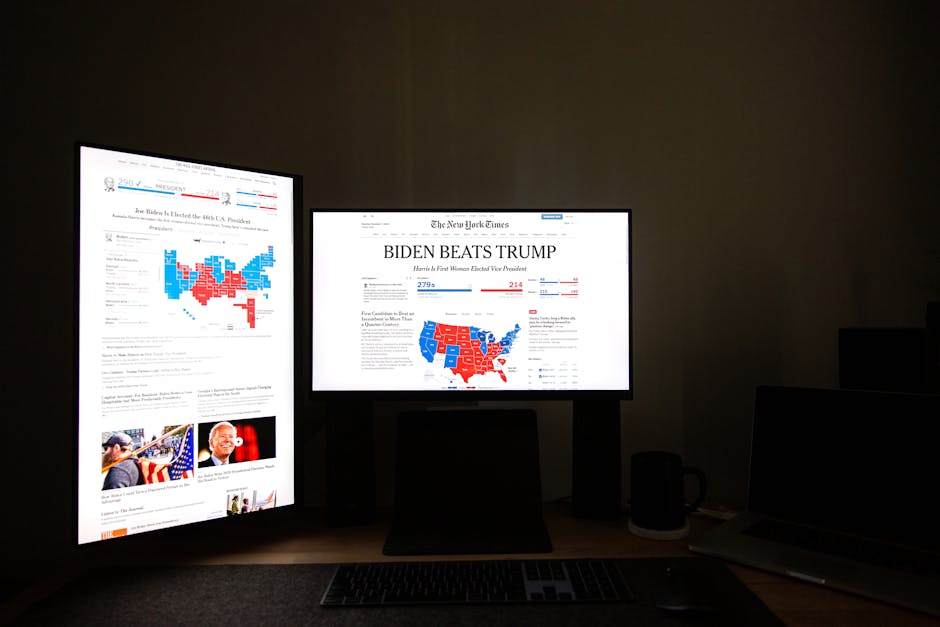Air Quality at Major Dhyan Chand National Stadium Delhi Reaches ‘Poor’ (AQI 228)
The Major Dhyan Chand National Stadium in Delhi, a premier sports venue, is facing severe air pollution with an AQI of 228, classified as ‘Poor.’ This poses health risks for athletes, visitors, and nearby residents, emphasizing Delhi’s ongoing air quality crisis.
Why Is the AQI 228 ‘Poor’?
The Air Quality Index (AQI) measures pollution levels from 0 (Good) to 500 (Hazardous). At 228, the air contains high PM2.5 and PM10 particles, linked to respiratory and cardiovascular diseases. Key contributors include:
– Traffic emissions from India Gate and Central Delhi.
– Construction dust from ongoing projects.
– Weather stagnation (low wind, high humidity) trapping pollutants.
Health Risks for Athletes & Visitors
Training or exercising in ‘Poor’ AQI conditions can lead to:
✔ Short-term effects: Coughing, throat irritation, reduced endurance.
✔ Long-term risks: Asthma, bronchitis, and heart disease.
✔ Performance decline: Pollution can cut athletic output by 10–20%.
Dr. Priya Sharma (AIIMS Delhi) warns:
“Exercising outdoors in this AQI forces deeper toxin inhalation—indoor workouts are safer.”
Steps Taken by Authorities
- Delhi Pollution Control Committee (DPCC): Advises limiting outdoor activities.
- Sports Authority of India (SAI): Exploring indoor training shifts, air purifiers, and mask mandates for athletes.
Critics like environmentalist Vikrant Tongad argue:
“Band-aid solutions won’t work—Delhi needs greener transport and dust control.”
How to Stay Safe
- Track AQI hourly via SAFAR or AQI India apps.
- Choose indoor workouts over outdoor runs or sports.
- Wear N95 masks near high-traffic zones.
- Hydrate frequently to flush toxins.
Delhi’s Air Pollution: A Recurring Crisis
The stadium’s Central Delhi location worsens exposure to traffic and construction pollution. Winter brings stubble burning and fireworks, further spiking AQI.
Long-Term Solutions Needed
- Electric public transport
- Stricter emission laws
- Urban green belts
For now, vigilance is key—check AQI updates before heading to the stadium.
Stay informed with real-time pollution alerts at NextMinuteNews.




